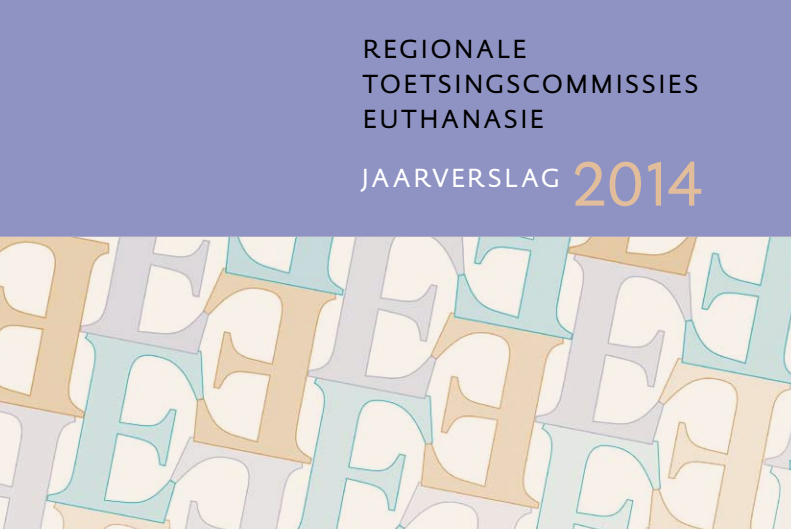According to the 2014 Annual Report by the Netherlands’ regional euthanasia review committees, there were 5,306 reported cases of assisted dying in 2014, a 10% rise on the previous year, and double those reported in 2009 (2636).
A spokesman for the review committees said that the increase may be due to a growing social acceptance of euthanasia.
On this shift in public opinion, Professor Theo Boer – a member of a regional review committee for nine years, and who last year changed his mind to oppose legalising euthanasia – recently stated:
“Whereas assisted dying in the beginning was the odd exception, accepted by many — including myself — as a last resort, it is on the road to becoming a preferred, if not the only acceptable, mode of dying in the case of cancer. Public opinion has shifted dramatically toward considering assisted dying a patient’s right and a physician’s duty. A law that is now in the making obliges doctors who refuse to approve assisted dying to refer their patients to a willing colleague. Pressure on doctors to conform to patients’ or relatives’ wishes can be intense.
Other developments have taken place as well. The Dutch Right to Die Society founded a network of traveling euthanizing doctors, thus taking assisted dying out of the patient-doctor relationship. There is a strong public movement toward legalizing euthanasia for children 1 to 11 years of age. Whereas in the first years hardly any patients with psychiatric illnesses or dementia appear in reports, these numbers are now sharply on the rise. Cases have been reported in which a large part of the suffering of those given assisted dying consisted of being aged, lonely or bereaved.”
As Boer indicates, legalisation of euthanasia in the Netherlands has resulted in an enormous shift in social expectations, leading to immense pressures being placed both on patients, to end their own lives, and on doctors, to end the lives of their patients. A former supporter of legalised euthanasia, Boer has pleaded with other countries not to make the same mistake:
“At the very least, wait for an honest and intellectually satisfying analysis of the reasons behind the explosive increase in the numbers. Is it because the law should have had better safeguards? Or is it because the mere existence of such a law is an invitation to see assisted suicide and euthanasia as a normality instead of a last resort? Before those questions are answered, don’t go there. Once the genie is out of the bottle, it is not likely to ever go back in again.”

